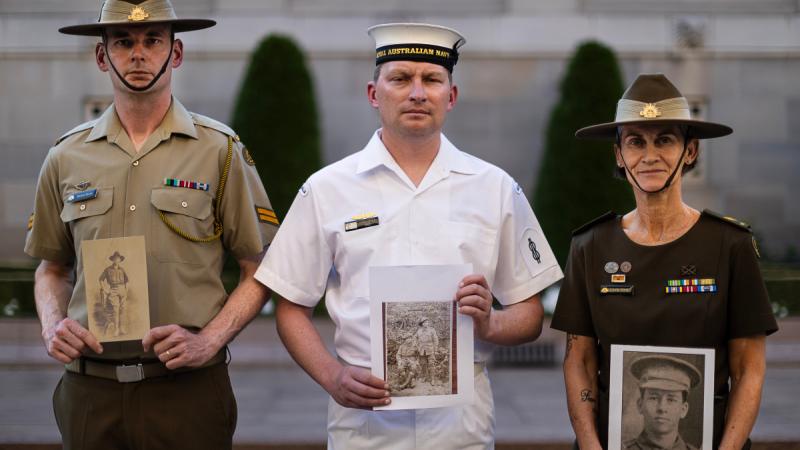Researchers at QIMR Berghofer and Peter MacCallum Cancer Centre have discovered a new vital clue to improving immunotherapy to fight blood cancers such as leukaemia and myeloma.
A new type of immunotherapy called T cell engaging bispecific therapy has shown great potential for treating blood cancers and is already being widely tested in clinical trials. It acts like a missile control system by alerting and guiding the body’s own T cells to attack and eliminate blood cancer cells. However, it has remained unclear precisely how this process works and unlocking the science behind it is critical to further developing and improving the treatment to ensure better long term results.
Now research led by QIMR Berghofer cancer immunologist Dr Kyohei Nakamura has discovered that a much less common type of cell, known as iNKT cells, is like the key that turns on the missile control system enabling the immunotherapy to guide the T cells to destroy the cancer cells. By boosting the numbers of these iNKT cells, the immunotherapy is significantly more effective.
Dr Nakamura, who is Head of QIMR Berghofer’s Immune Targeting in Blood Cancers Laboratory, said the finding is a big step forward in the battle against blood cancers.
“Until now, iNKT cells have been underestimated. Our research for the first time shows how important these iNKT cells are and their critical role in boosting the efficacy of the T cell engaging bispecific therapy. We believe that this study fills in the gaps in our understanding of how the immune system is working during this therapy,” Dr Nakamura said.
It is estimated that 53 Australians are diagnosed with blood cancer every day and when combined, blood cancers are the second most diagnosed cancers in the country according to the Leukaemia Foundation. Blood cancers are a complex group of diseases which are all linked by abnormalities in the blood cells affecting blood production and function.
QIMR Berghofer’s Mika Casey, the lead author of this new research, said iNKT cells are scarce in the body, and numbers are even lower in cancer patients, but they can be boosted using a relatively straight forward vaccine approach to stimulate their production.
“These iNKT cells are powerful but also they are quite rare in number. Boosting the numbers of these iNKT cells has been shown to be effective and safe in patients with multiple myeloma. We hope this approach could be a new fundamental strategy for T cell engaging bispecific therapy.
“It is such a privilege to be working on this research and with patients with blood cancer and it is so important to me to try to help them have a better quality of life. Our next step is to translate these findings into clinical testing,” Ms Casey said.
The research involved collaboration with haematologist and Director of the Centre of Excellence in Cellular Immunotherapy at the Peter MacCallum Cancer Centre, Professor Simon Harrison.
“T cell engaging bispecific therapy is an off-the-shelf way that we can direct a patient’s own immune system to kill myeloma and other cancer cells. This research increases our fundamental understanding of how T cell engaging bispecific therapy works and gives us a potential path to increase its effectiveness. We are working together to translate these findings into more effective therapies for patients,” said Professor Harrison.
The study was funded by the Leukaemia Foundation of Australia (with generous support from the Estate of Madella Ann Hay) and the Play for a Cure Foundation.
Leukaemia Foundation CEO Chris Tanti welcomed the research findings as another vital step towards improving health outcomes for blood cancer patients.
“We are proud to support innovative research by funding projects like this which are critical to achieving advancements in the treatment of blood cancer in this country. If we are to have any hope of reducing blood cancer mortality in Australia, we must help talented researchers to uncover powerful next generation therapies, so together we can meet our goal of zero lives lost to blood cancer by 2035,” Mr Tanti said.
The study has been published in Blood Advances, a journal of the American Society of Hematology and can be accessed via this link https://ashpublications.org/bloodadvances/article/doi/10.1182/bloodadvances.2022008118/485886/Invariant-NKT-cells-dictate-antitumor-immunity








